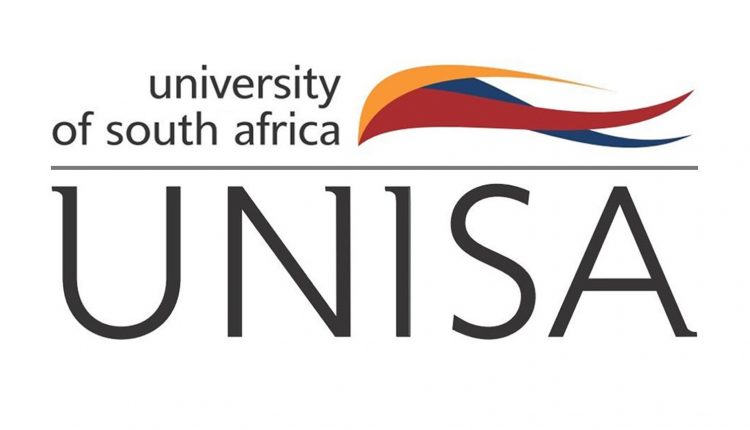University of South Africa: Gift of the Givers inspiring KZN alumni
Sooliman congratulated Unisa for addressing humanitarian issues during its first chapter’s physical event after Covid-19. He was delighted that Unisa’s alumni have an interest in the activities of GOTG, an organisation focusing on disasters worldwide. His belief is that South Africa needs spirituality, morality, values and ethics to bring change in the current state, and to change the narrative and mindset of its people.
Following the disaster in KZN, GOTG partnered with corporate SA to attend to calls of stricken communities and flood victims. Describing the crisis, Sooliman said: “The water rose rapidly and by that evening many people were in trouble; roads were destroyed, informal settlements washed away, people died and bodies were washed away.”
In his reflections, Sooliman commended corporate SA’s quick response to the KZN floods. “It was unusual because corporates are all about making money, but a definite shift has taken place,” he said. Mentioning disasters that had affected KZN province since 2019, Sooliman highlighted the 2020 floods, Covid-19 and the civil unrest in the province.
On top of these disasters, Sooliman added: “The rand-dollar exchange rate has spiralled, and fuel prices increased and yet, corporate SA looked for opportunities to make a difference in the country. He believes that the mindset of many people has changed as they asked during the crisis, ‘What can we do to save this country? What can we do to save the lives of our people?'”
However, Sooliman lambasted the government’s slow response to the disaster. “It does not make sense to declare a national disaster and only attempt to respond six months later.” There is a sense of immediacy coupled with disasters. He said that GOTG has systems and networks on the ground. The foundation knew exactly what happened across the flooded areas and could roll out assistance in KZN.
Similarly, Sooliman gave credit to the communities who were at the frontline and who contributed greatly to assisting. He said that religious organisations, community policing forums, security companies and community leaders were the real heroes in the floods as they got together to assist. “The reality is that everybody cannot be saved, but one person saved makes a difference. These communities reached out to GOTG to assist with blankets, food, mattresses, clothes, water,” he said.
For GOTG, restoring dignity and treating all people with humanity is very important. Within two days it was realised that the whole water system in Durban and surrounding areas was destroyed. Hospitals, clinics and schools ran out of water and reached out to GOTG. Truckloads of water were transported from GOTG offices across the country. Sooliman also gave credit to the staff members of the organisation who have been working nonstop since the start of the floods.
After the initial roll-out of assistance, the GOTG soon realised that many people were still missing and bodies not recovered. The decision was made to bring in the search and recovery teams, including helicopters, to find bodies so people can get closure. Since then, 15 boreholes have been drilled in Tongaat and other areas to supply fresh water. The repair of schools and hospitals has commenced. The organisation also supplies school uniforms and stationery, beds and other appliances.
About GOTG
Thirty years ago, Sooliman met a spiritual leader at Istanbul in a holy place where people of all religions and from across the globe gathered. This spiritual leader instructed Sooliman to start an organisation that would serve all people from all races and religions, classes, colours, cultures, geographical locations and political affiliations, and to serve them unconditionally. He was instructed to caress the head of an orphan, wipe the tears of a grieving child, say words of good counsel to a widow, clothe the naked, feed the hungry and to execute these tasks to the best of his ability.
GOTG celebrates its 30th anniversary in August 2022. During this period, they have delivered R4 billion in humanitarian aid. The organisation has 90 full-time staff members in SA who run the organisation. Currently they also have 400 staff members that do humanitarian work outside of the country. The foundation does not make use of volunteers, as special skills are important when assisting in a disaster. Sooliman says that the organisation is rooted in spirituality.
His message to SA’s government is that the country belongs to over 60 million South Africans. “We all should live in the spirit of Ubuntu and all citizens must take hands to promote the good of this country. Our job is not to judge, but to promote good.” He invited Unisa and other academic institutions to become part of the goodwill and to utilise learning to the benefit of the country.
In conclusion, messages of hope from alumni chapter convenors from Cape Town, Polokwane and Pretoria were screened, in which they declared solidarity with the alumni from KZN and encouraged them to keep their spirits high and contribute towards the healing of the province.

